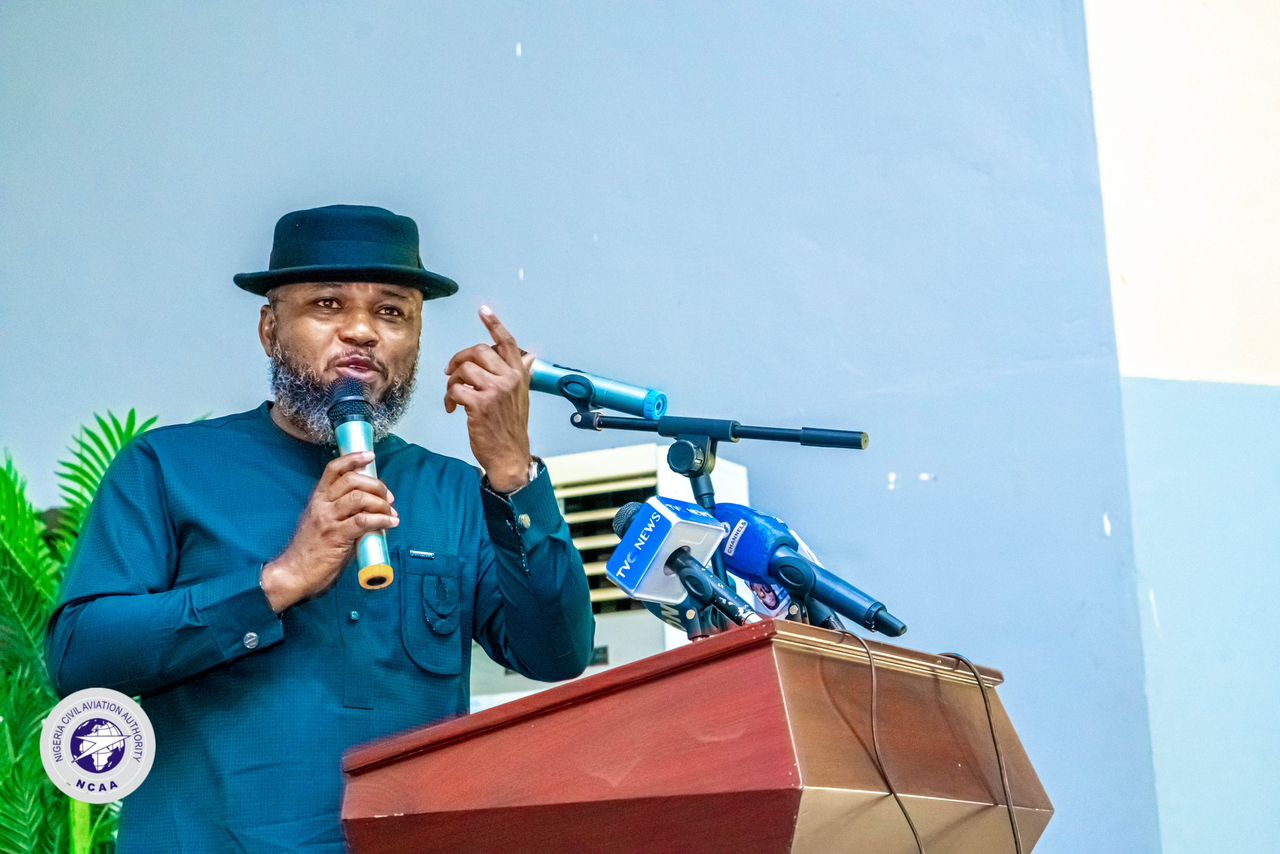Beyond the steady increase in prize money, the newly unveiled champions of the Nigerian Pro League reveal a growing interest in Esports culture in Nigeria and Africa, writes Iyke Bede
Last Saturday in Ikeja, Lagos, Neon Rising, one of 16 Esports teams in the Nigerian Pro League grand finals, fought their way to the top. The win makes them the tournament’s eighth champion after battling through a field of 125 teams across the harmattan and rainy season splits. They walk away with ₦1 million from a ₦2 million prize pool. Yet beyond the victory, Season 8 speaks to the steady rise of Esports culture in Nigeria and across the continent.
The popularity of Esports has steadily grown, bringing together gaming and non-gaming audiences in a shared culture centered on music, sportsmanship, and youthful expression. Esports organisers like 10N8E note the shifts each season to curate the flow of the event, capturing and highlighting players’ passion, and inquiring into crowd retention to understand what keeps audiences invested. So far, this approach has yielded some results: the turnout this year was overwhelming, with more people per square inch of the venue. This attention to detail has also extended to players’ welfare.
“I would say this edition is giving us a clearer vision of what is possible. Today is another kind of milestone in that whole process. The vision is the same,” said Founder/CEO of 10N8E, Adebayo Onigbanjo. “This year, we are able to give a device to the teams. But it’s only one device per team. If you think about it, the global standard is you want to give every player a device so they’re competing evenly. Last year, we didn’t give a device. This year, we gave one per team. So hopefully, next year, we’ll give four.”
Onigbanjo added, “For us, it’s about continuous improvement. Last year, we looked at a number of things we didn’t like. For example, in last year’s setup, we had a wall separating the players from the crowd. Over time, we realised that even though not everyone understands the game, putting up that wall was the wrong approach. It only created more distance and less interest. This year, we removed that barrier.
“So while the players are on the stage, people hanging around can see the game in the background. They hear the sounds, feel the excitement, and gradually, the energy becomes infectious.”
With the small but impactful changes introduced each year, Onigbanjo noted that the tournament’s influence extends beyond the event itself, inspiring younger people to explore career paths — from gamers to developers, content creators to event organisers, casters to social media managers.
“Most of the people here are students from UNILAG, LASU, and Yabatech. They are still figuring out their paths, looking at what they are studying and how it applies in real life, Onigbanjo explained. “Esports offers them a new possibility: that they can become professional gamers. It is another sport, electronic sports.”
Onigbanjo noted that in any society, students need a variety of options to choose from.
“Our team comprises graphic designers, casters, YouTube producers, GFX creators, and social media managers. While we are not yet a global company like Facebook or even a Nigerian giant like Dangote, those roles are relevant across industries. Even if we serve as the feeder, the first job out of school or something students do while in school, it still gives them experience they can point to later: ‘I was a social media manager for this league.’ That matters.
“Culturally, we hope to influence that mindset. Esports is huge, and if we are ever going to see the Burna Boy of Esports, they will come from this environment. That is important to us,” he said.
Onigbanjo pointed out that influence is already visible within the community. According to him, some players who once competed in the league have transitioned into team ownership, demonstrating that esports in Nigeria is no longer just about playing the game, but also about building structures around it. Furthermore, he stated, Nigerian teams are now stepping onto continental stages, asserting their presence.
“We are beginning to see more publishers opening up Africa and hosting tournaments. For instance, there is a tournament in Kenya next week for the continent, and two Nigerian teams are set to compete — Neon Rising and Three Crowns, both of whom are on stage today. This gives them valuable practice. If they are going to play in bigger competitions, we have created a platform where they can compete, improve, and get better,” said Onigbanjo as he elucidated steps already taken towards mainstreaming Esports in the country.
He also noted the rise and proliferation of other Esports providers:
“Well, there are many companies doing this right now. And like with everything else, once more awareness comes into a marketplace, more people begin to participate, which is healthy,” said Onigbanjo.
What’s next? With larger crowds, increased opportunities, and players transitioning into leadership roles, Nigerian Esports is evolving into a distinct culture in its own right. If this momentum continues, the league could produce the Burna Boy of Esports and define the national scene while making its mark across Africa
The post Nigerian Pro League’s Eighth Season and Making of Esports Culture appeared first on THISDAYLIVE.




